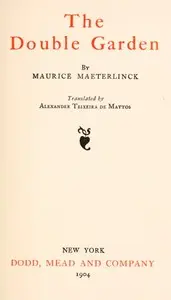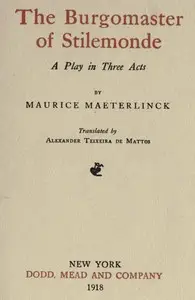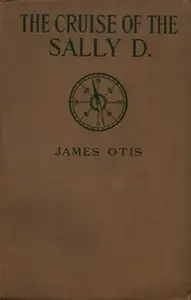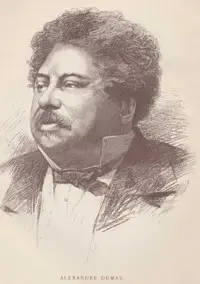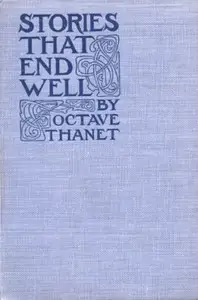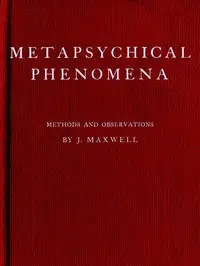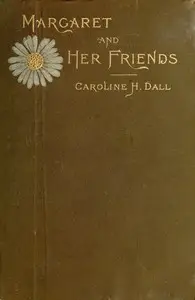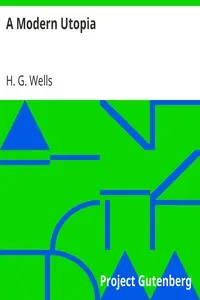"The Treasure of the Humble" by Maurice Maeterlinck is a philosophical work written in the late 19th century. In this volume, Maeterlinck explores profound themes of mysticism, silence, and the inner life of the soul, articulating a vision that connects humanity to a deeper spiritual reality. Through essays that draw on philosophies from various traditions, he presents a contemplation of the unseen intricacies of existence, inviting the reader into an exploration of their mysterious and often overlooked depths. At the start of the book, Maeterlinck sets a tone of reverent contemplation, emphasizing the power and necessity of silence for genuine communication and understanding. He reflects on the limitations of spoken words, arguing that true connection happens in moments of shared silence that transcend conventional interaction. The opening portion showcases the author's inclination towards mysticism as he suggests that silence can unveil hidden truths and foster a deeper understanding of ourselves and others. His thoughts serve as an invitation to consider the life of the soul, describing its profound simplicity and the hidden beauty that lies beneath the surface of ordinary existence. (This is an automatically generated summary.)
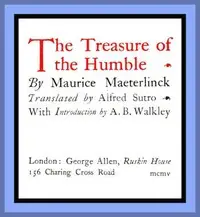
The Treasure of the Humble
By Maurice Maeterlinck
"The Treasure of the Humble" by Maurice Maeterlinck is a philosophical work written in the late 19th century. In this volume, Maeterlinck explores pro...
Maurice Polydore Marie Bernard Maeterlinck, also known as Count/Comte Maeterlinck from 1932, was a Belgian playwright, poet, and essayist who was Flemish but wrote in French. He was awarded the Nobel Prize in Literature in 1911 "in appreciation of his many-sided literary activities, and especially of his dramatic works, which are distinguished by a wealth of imagination and by a poetic fancy, which reveals, sometimes in the guise of a fairy tale, a deep inspiration, while in a mysterious way they appeal to the readers' own feelings and stimulate their imaginations". The main themes in his work are death and the meaning of life. He was a leading member of La Jeune Belgique group, and his plays form an important part of the Symbolist movement. In later life, Maeterlinck faced credible accusations of plagiarism.



